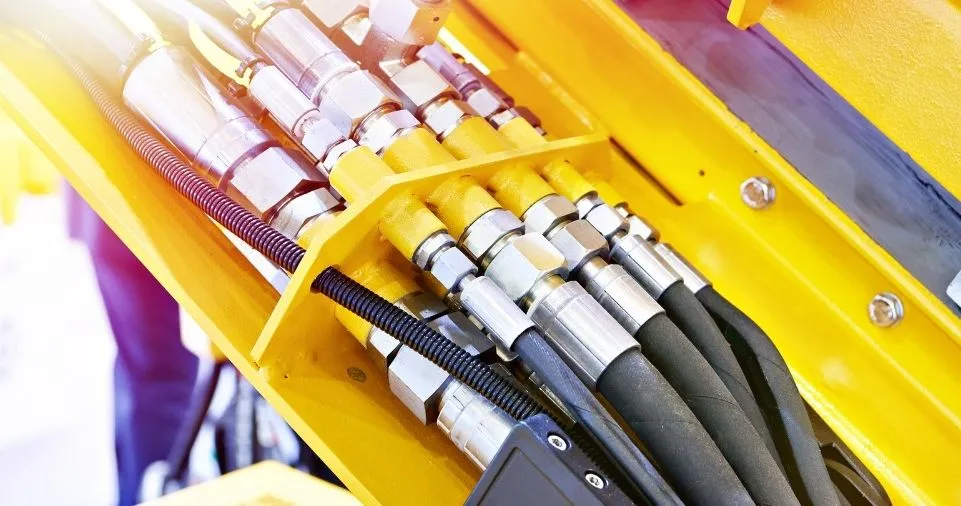“Congrats on making the leap into self-employment! Now comes the important step of selecting the best online banking account for your business. As a UK-based freelancer or self-employed individual, it’s essential to have a dedicated business bank account that meets the unique needs of sole traders. Wondering if you need a business account for your small business? The answer is yes! Keep your finances organized and secure with a tailored business banking solution.”
What type of business bank account do you need when self-employed?
“Being self-employed means taking charge of your own schedule, including managing admin and finances. To ensure you have the right business banking solution, consider your unique needs. While it’s possible for sole traders to use their personal bank accounts for business purposes, this may not be the best option. Mixing personal and professional finances can create confusion, and many banks now have restrictions on this practice. For peace of mind and streamlined transactions, separate accounts are highly recommended. If you’re a limited company, keeping company finances separate is a must. Stay on top of your finances and focus on growing your business with the right banking solution.”
Also Read : What is difference between POP and POS?
Why do you have to have a business bank account for a small business?
“As a freelancer or sole trader, you may question whether you truly need a small business bank account. After all, without a team or physical office, it’s easy to overlook yourself as a business. While it’s true that sole traders aren’t legally obligated to open a business account, it’s important to consider the benefits. A dedicated business account offers specialized services that can streamline your finances and make running your business much easier. From accepting payments to managing work-related expenses and preparing taxes, a business account is a must-have tool for any successful freelancer or sole trader.”
Also Read: Open House Checklist System
Top 6 reasons to open a business bank account when self-employed
“Are you self-employed and wondering whether to open a business bank account? Here are the top 6 reasons why it’s a smart move:
- Simplify tax season – A business bank account makes it easy to track your earnings and expenses, making tax season a breeze.
- Keep costs under control – By keeping personal and business spending separate, you’ll have a better handle on costs and be able to make smarter financial decisions.
- Meet legal requirements – HMRC requires self-employed individuals to keep their personal and business transactions separate, so having a dedicated account is a must.
- Build brand recognition – If your company has a distinct name, having a bank account under that name can help build brand recognition and credibility.
- Streamline accounting – Choose an account with the right tools to directly link to your accounting software, simplifying your bookkeeping and saving you time.
- Prepare for the future – If you ever need to apply for financing, having a business bank account will be necessary.
And in case of an HMRC audit, having separate transactions will make the process much smoother. Open a business bank account today and take control of your self-employment finances.”
Also Read: Big Cartel Review
The best business bank accounts for your self-employed needs
If you’re searching for the perfect business bank account, it’s essential to compare different options based on their unique features, savings opportunities, and fixed rates. Moreover, you should always look out for introductory offers that cater specifically to self-employed individuals. A good business bank account should be tailored to your specific requirements, simple to manage, affordable, and provide exceptional customer support. To simplify your search, Chalkboard has compiled a list of the top five business accounts ideal for freelancers, sole traders, and the self-employed. Discover the best account that fits your needs today!
Also Read: 12 Must Know Bookkeeping Tips for Businesses
If you’re a freelancer or sole trader, finding the right business bank account can be a challenging task. To make things easier for you, here’s a list of the top five business accounts that cater to your specific needs:
- Starling Bank: This award-winning digital business account offers a full suite of banking services without charging any monthly fees. You can easily open an account in a matter of minutes and automate your expenses while receiving instant notifications of credits or withdrawals. Starling Bank also comes with exceptional customer support.
- Monzo Business: This fully regulated bank offers simplified business banking and allows for easy and free transfers within UK banks. With a Pro account, you can integrate any accounting software for small businesses that you might use.
- ANNA Money: This business account comes with a virtual assistant that can help you create and send invoices, track your expenses, and take care of your business’s tax returns. Plus, if the automated chatbot can’t answer your questions, you’ll be transferred to a real agent within minutes.
- Tide: With over 350,000 business owners, including freelancers and sole traders, choosing Tide, it’s an excellent option for its ease of use and simplicity. The account comes with invoicing, money management features, and a prepaid Mastercard.
- Revolut Business: If you work with overseas clients or customers, Revolut Business is the account for you. It lets you accept payments from other currencies with a local GBP and EUR account. You can also receive transactions across 25 currencies with an IBAN code.
In summary, these business accounts offer unique features and benefits that cater to the self-employed, freelancers, and sole traders. Choose the account that best suits your needs and simplify your business banking experience.
Also Read: Best Android Tablets In 2023
Conclusion
“Are you a freelancer wondering if you need a business bank account for your small business? The answer is yes! Having a separate account for your business finances offers many benefits, including easier accounting, improved financial organization, and professional credibility.
Although no business bank account is perfect, some are better suited for the self-employed than others. So take the time to compare the options available and evaluate their strengths and weaknesses before making a decision. With careful consideration, you can find a business bank account that meets your specific needs and helps your business thrive.”







